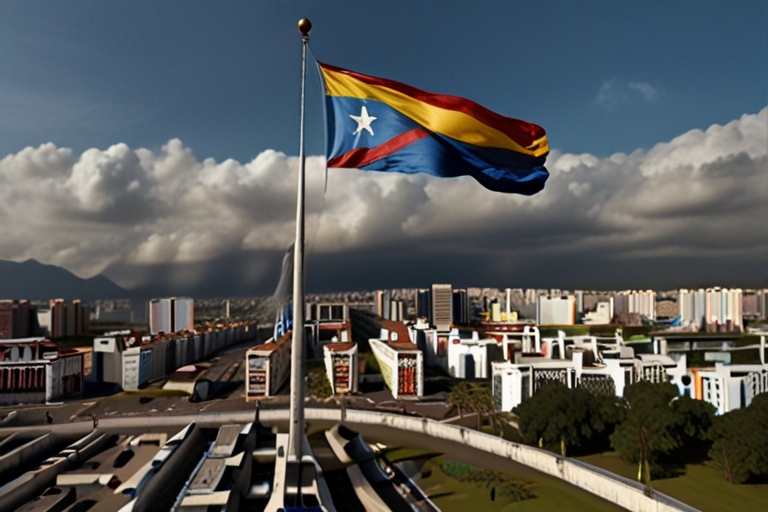Elections in Venezuela still constitute a problem that is far from being over. Over the years the country has been characterized by political instability, economic down turn, and social upheaval which has given rise to humanitarian crisis currently faced by the country.
The core of the crisis is probably the existent confrontation between President Nicolás Maduro and opposition leader Juan Guaidó. Maduro ruled Venezuela since 2013 and the year is also characterised by allegations of authoritarianism, human rights violation and electoral fraud. In 2019 he became de facto leader by announcing himself national president and got recognition from more than 50 countries among them US and other European countries.
The current Venezuelan government has effectively held onto power due to the support of the security forces, the blessing of the elite, and the supplies of the likes of Russia, China, and Cuba. Despite individual sanctions and economic boycotts instituted by foreign nations, Maduro has however continued to remain defiant claiming that the hardships in Venezuela have been imposed on him as part of a foreign conspiracy to destabilize his regime.
The current economic climate in Venezuela is extremely bad as evidenced by hyperinflation running in millions of percentages, food shortages and lack of important medication and a malfunctioning public infrastructure. It has been estimated by the International Monetary Fund (IMF) that the economy suffered massive setbacks, with inflation soaring and the currency becoming devalued to an insane degree. The crisis in the economy of Venezuela is characterized by mass relocation with millions of Venezuelans fleeing the country to neighboring countries in search for better lives.
Humanitarian problems are also a concern; reports of severe droughts and famine, inadequate medical resources, and declining conditions are common.
conditions. The UN and other humanitarian bodies have emphasized the importance of providing assistance while political bottlenecks often hamper delivery interventions.
Reaching a compromise for the political stalemate by negotiation has failed many times. Negotiations between Venezuela’s Maduro regime and the opposition have been fraught with setbacks but have been making incremental advances; however, they have been consistently marred by mutual distrust and charges of lack of good faith on both sides. There have been several attempts at resolving the situation through mediation by international agencies such as Norway, but a long-term solution to the problem has not yet been found.
It has also led to an increasing trend of Venezuelan immigrants and therefore regional challenges. However, the host countries that have been affected include Colombia, Brazil, and Peru, and these countries have had their burden increased and social conditions strained.

